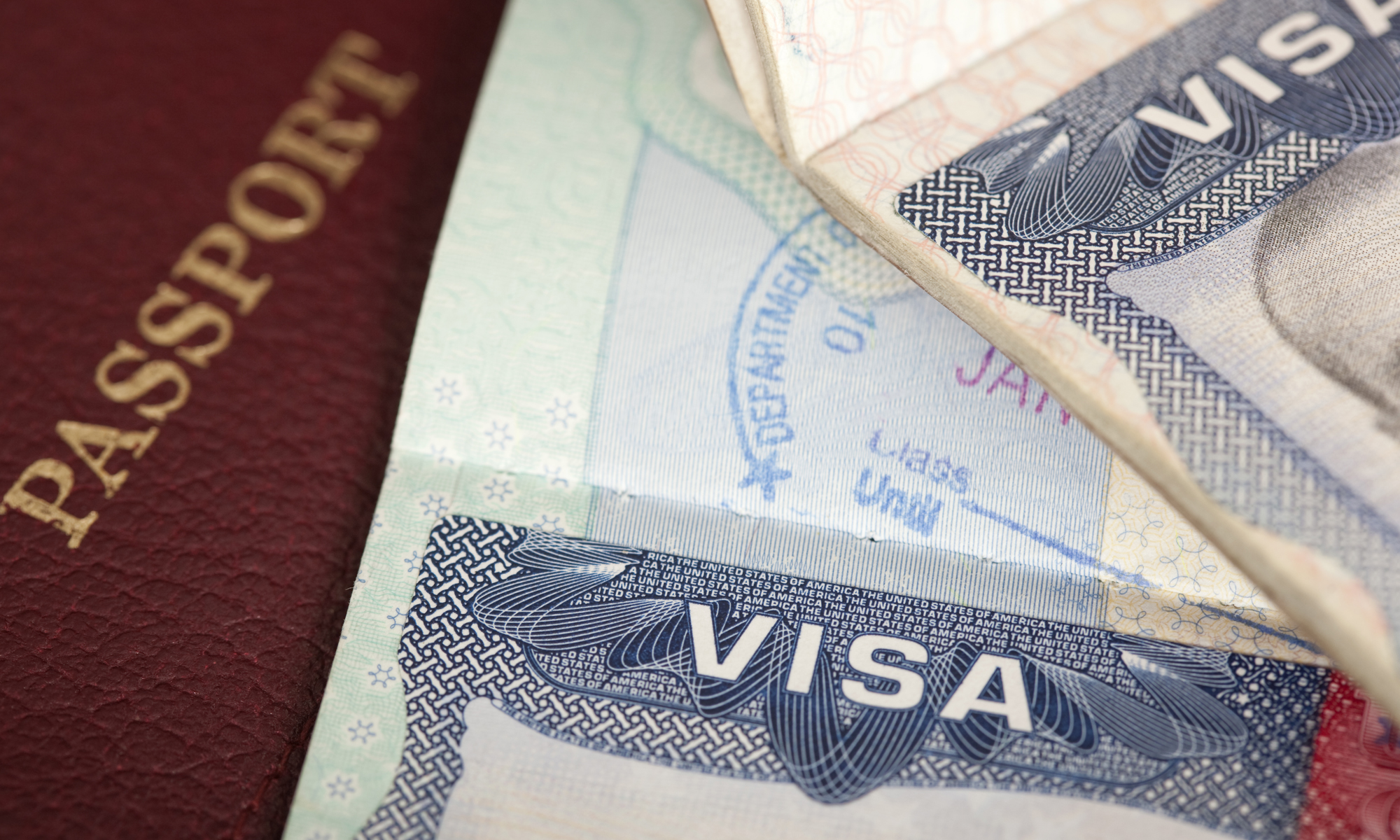USCIS announced at 2:19 PM on 3/20/2020 that Premium Processing services for I-129 (E-1, E-2, H-1B, H-2B, H-3, L-1A, L-1B, LZ, O-1, O-2, P-1, P-1S, P-2, P-2S, P-3, P-3S, Q-1, R-1, TN-1 and TN-2.) and I-140 (EB-1, EB-2 and EB-3) is suspended temporarily. Like many of us, USCIS service center operations have gone remote, so it is impossible for the agency to keep up with the demand for premium processing of applications.
In its announcement, USCIS indicates that it will attempt to adjudicate all petitions filed with the premium processing service before March 20, 2020 within the 15 -day time frame, but if that is not possible, it will refund premium processing fees. For applications not yet accepted, USCIS will accept the petition for regular processing, but reject the Premium Processing request and return the $1440 filing fee to petitioners.
Maintaining Work Authorization During USCIS Delays on I-129 Petitions: There is no doubt that processing of all USCIS applications will slow significantly due to the COVID-19 Pandemic and the extraordinary measures being taken to slow the spread. USCIS regulations confirm that as long as petitions for change or extension of status are submitted before a foreign national’s current status expires, the foreign national will maintain legal immigration status and be able to remain in the United States while awaiting adjudication of the immigration petition.
240 Day Rule: Regulations also permit nonimmigrants in the following categories to maintain employment for 240 days beyond the expiration date of their immigration status while an extension of status is pending:
- A3 employee of a foreign government official;
- E1 treaty trader or E2 treaty investor (principal only);
- G5 personal employee of an official representative of an international organization;
- H1, H2A, H2B, or H3 nonimmigrant;
- I information or media representative (principal only);
- J1 exchange visitor;
- L1 intra-company transferee;
- O1 or O2 alien of extraordinary ability/achievement or accompanying alien;
- P1, P2, or P3 athlete, artist, or entertainer;
- R religious worker;
- TN NAFTA professional;
- CW1 Commonwealth of the Northern Mariana Islands Transitional Worker; and
- E3 specialty occupation worker.
Note that this regulation does not apply to derivatives who may also have work authorization, such as H-4, J-2 or E-2, meaning that derivatives would have to stop work at the end of date on their Employment Authorization Document.
60 Day Grace Period Rule: In January 2017, new law went into effect creating a 60-day grace period for E-1, E-2, E-3, H-1B, H-1B1, L-1, O-1or TN nonimmigrant workers who experience a sudden loss of employment. The grace period gives the worker more time to leave the United States than the previous 10 day grace period. More importantly, the 60 day grace period also provides the opportunity to change employers and file an extension or change of status within the 60-day period. The worker could also change to some other status on his or her own, such as to B-2 or a derivative H-4 status.
For information and analysis of your particular situation, contact your Duane Morris Immigration Attorney.
